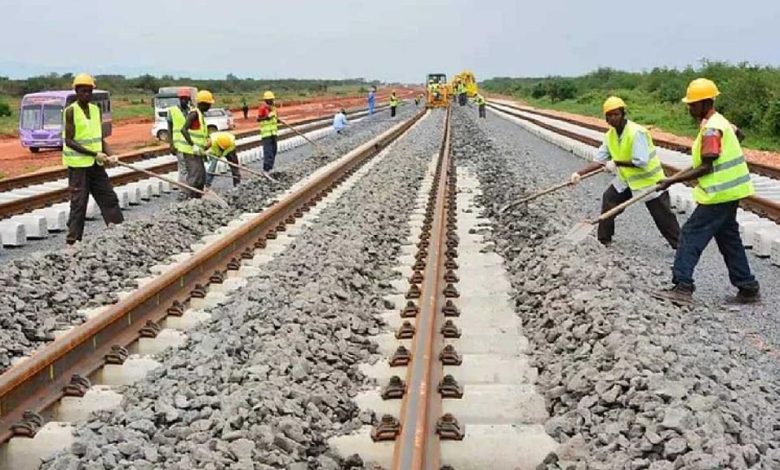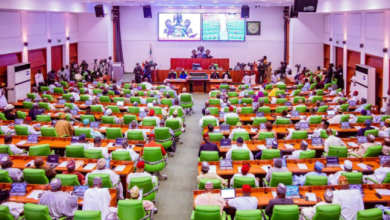
Report by the Environmental Resources Management and EnvAccord Limited has revealed that the Kano-Niger rail project will lead to the displacement of 12,695 homes and 2,064 assets on the railway corridor.
Commissioned by the Africa Finance Corporation, the report indicates that the project will lead to the loss of 12,695 residential homes and 2,064 other assets across various states in northern Nigeria.
These conclusions are outlined in the environmental and social due diligence assessment conducted for the proposed railway line.
According to the report, the displacement will affect 19,238 individuals economically, while also leading to the resettlement of numerous communities along the railway route.
It said, “The project will run through 122 communities in 25 Local Government Areas across three states in Nigeria, and 11 communities in three communes in Niger Republic.
“In addition, according to the supplementary RAP report, physical and economic displacement will involve the loss of 12,695 residential houses, the loss of 2,064 complementary assets, and 19,238 economically displaced persons.”
The assessment focuses on a 393km railway route that traverses the Nigerian states of Kano, Jigawa, and Katsina, extending to Maradi in the Republic of Niger.
The project involves the construction of 13 stations and various ancillary buildings, and is anticipated to enhance transportation infrastructure between Nigeria and Niger.
The extensive displacement outlined in the report has sparked concerns about the project’s social impact, especially on the affected communities.
Despite these challenges, the report suggests that the negative effects can be mitigated with proper social safeguards and resettlement planning.
However, considerable effort is still needed to ensure that compensation and resettlement practices meet international standards.
A critical aspect of the project highlighted in the report is the issue of land acquisition and involuntary resettlement.
The assessment identified gaps between Nigeria’s land compensation rates and the standards required under international guidelines.
The report noted that compensation for the loss of structures, crops, and trees is based on government rates without adjustment for inflation or compliance with the Land Use Act.
This has resulted in a significant number of aggrieved persons, particularly in the Jiba Community of Sandanmu LGA, Katsina State, where compensation was initially paid to the wrong individuals, reflecting potentially unlawful behaviour in the process.






